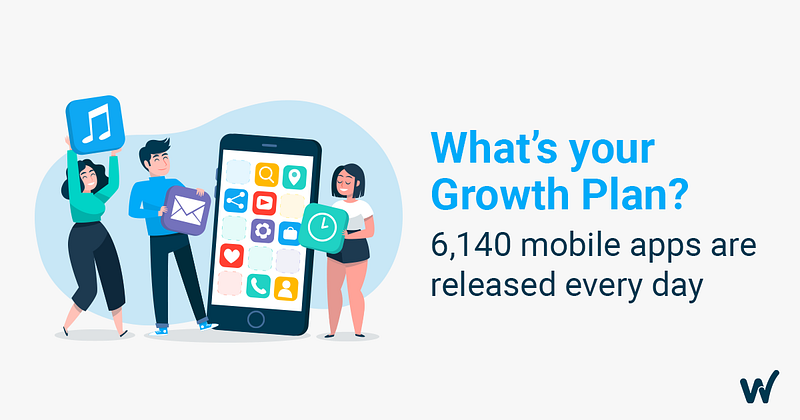Every mobile app marketer needs users that engage with their app. As simple as it may sound, this is hard work.
There are different ways to attract users. One way is by having a high ranking in the app stores. If many people are downloading my app, this is because it is a good one right? To inch their way up, some marketers hire App Store Optimization (ASO) partners, advertise on social media or even through offline channels.

But all these routes come at a cost. In the case of ASO, marketers that lack the funds or know-how to hire good partners can find themselves spending a fair amount of time manually optimizing the name, description, click-through and update rates of their apps in the hopes of achieving a higher billing. But with millions of apps to choose from, getting a top ranking, even within your own category is difficult at best. That’s why a great number of app specialists have turned to mobile advertising, working with mobile media networks to launch app install campaigns. In fact, Business Insider Intelligence report found that install campaigns now account for 25% of mobile ad revenue in the US. Moreover, by 2020 app-install ad revenue will top $7 billion.
But advertising isn’t without its challenges. Chief among them: Most media networks charge a flat rate per install, regardless of user quality. Put another way, you pay the same commission for suspect users as they will for ones who will become valuable users for your app.
In light of the very real constraints facing mobile app marketers, it’s clear the need to focus on acquiring installs by users who are most likely to actually use their mobile app. But how?
Like most industries the world over, the answer lies in data. In other words, the right datasets can allow marketers to compare each of their media source on a user quality basis.
The first step is to examine historical data of existing high-value users.
- Which devices do they use?
- Where are they located?
- Where did they see your ads?
- Which type of creative Ads attracts them most? Why?
- Which type of apps are they using when they see your ad?
By scraping these data points, you can rank customer profiles in terms of value to the business. Next, as new users come in, you can determine in real-time the potential engagement of new users. Finally, you would calculate the optimal cost to pay based on the quality of each user: PLTV (Potential Life Time Value). The higher the ranking, the higher the payout. Conversely, the lower the ranking, the lower the cost.
Such an approach would drive efficiency in mobile app campaigns by allowing you to compare user quality of each media source, and focus your ad spend on those that deliver the users most likely to become loyal customers.
If you want to learn more about how you can make your strategy grow by understanding your Data and work on your own PLTV check Winclap’s “Mobile Tree of Growth”.
Get in touch with our growth experts filling the form below:

Recent Comments